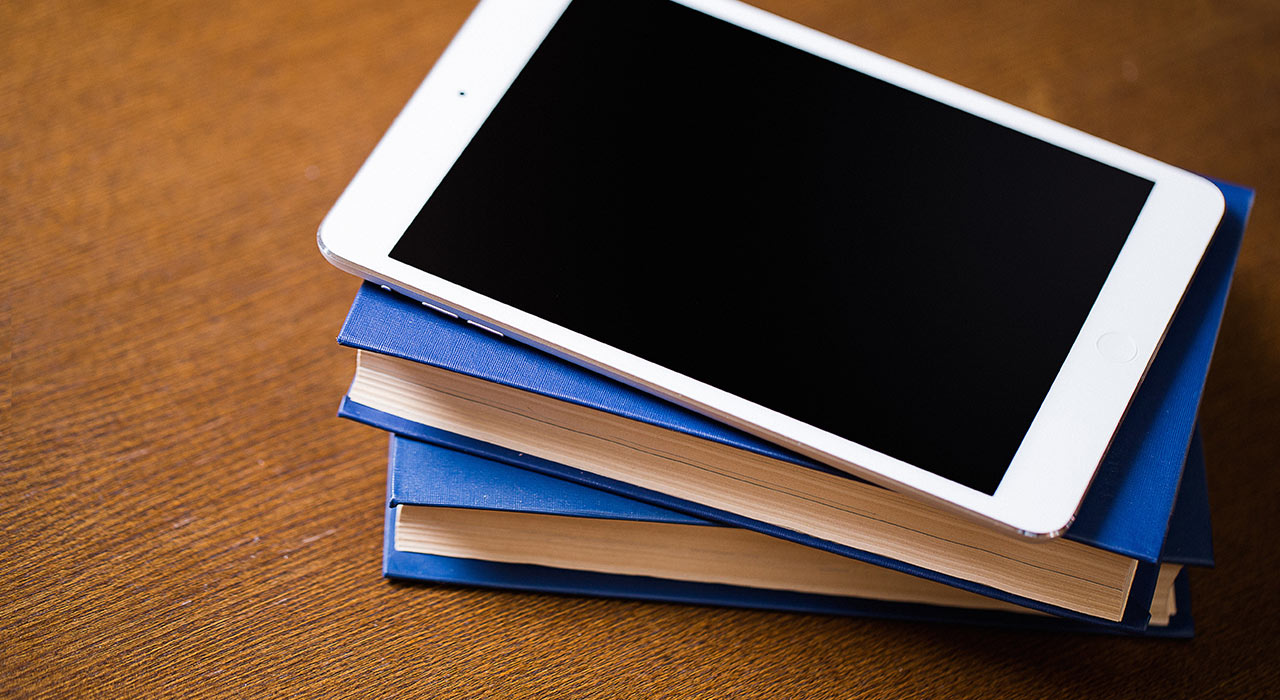A full 126 years after the publication of German missionary Ferdinand Kittel’s complete Kannada-English dictionary, a comparable, however, a more thorough one is out.
While Kittel’s dictionary has around 60,000 words, the Kannada-English dictionary incorporated by V Krishna, a lexicographer situated in Bengaluru, has about 1.6 lakh words.
Alar, as the new dictionary is called, is an authoritative dictionary with 2.4 lakh English definitions, and is the biggest, most authoritative open-source dictionary in the world, as per Zerodha, a brokerage firm which has teamed up with Krishna. Alar methods bloom in Kannada. In 2018, the Zerodha team talked about the thought with Krishna and granted him an award.
Kailash Nadh, chief technology officer of Zerodha, says, “I have been running Olam (Wave), an English-Malayalam and Malayalam-Malayalam dictionary, since 2010. It was built out of the frustration of not having an easily accessible online Malayalam dictionary.”
At the point when he moved from Kerala to Bengaluru in mid-2012, he got some Kannada.
“I can comprehend Kannada speech reasonably well but speak rather poorly. With the guilt of not being able to learn Kannada, and the great satisfaction of having Olam as an open data corpus, I had been looking for ways to build a Kannada dictionary,” he told Metrolife.
He introduced the plan to his organization, and it was a happy situation that he met V Krishna, who had ordered 1.6 lakh Kannada words for more than 40 years.
He had annexed English definitions, all perfectly composed up in Word, with speech tags and phonetic notations.
“Karnataka Sahitya Parishat had published his dictionary running into 4,700 pages. We approached him with our aim,” Kailash Nadh says.
Krishna, worked with the Indian Agricultural Research Institute and Corporate Institutions, had concentrated in Kannada medium and learned Kannada and English together.
“I went through dictionaries then. Very soon, I started jotting down notes and began structuring them. It went on for years and years. Later, I came across a Kannada dictionary published by the Kannada Sahitya Parishat and wrote to the editors about the mistakes in it,” he says.
The premier literary association investigated his work at that point.
He had finished his dictionary during the 1990s, composing it without any assistance and conveniently in Nudi, a Kannada software format. Simply the typing had taken him eight years.
The dictionary was published by Karnataka Sahitya Parishat in 2015. “Now, it is available for all in Unicode format,” he says.
He enjoys the possibility of a free online dictionary since, he says, print has its restrictions. The expense of creation is higher, distribution isn’t simple, and copies frequently run out.
“When technology changes, we have to change too. But books are books. Some people want to read books alone,” he says.
It isn’t that there is no Kannada dictionary online. “There are some out there for free on the Internet. But they are not comprehensive,” he says.
The ‘Alar’ project is open source, which implies anybody can propose words to include. “Compiling a dictionary is a huge task,” he says.
Disclaimer: The views, suggestions, and opinions expressed here are the sole responsibility of the experts. No Bengaluru Bytes journalist was involved in the writing and production of this article.
